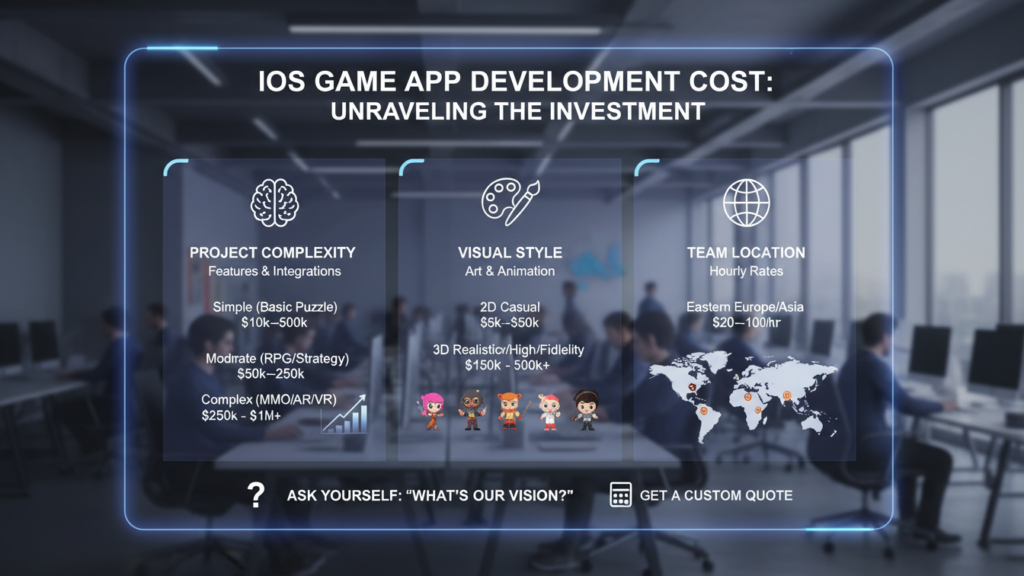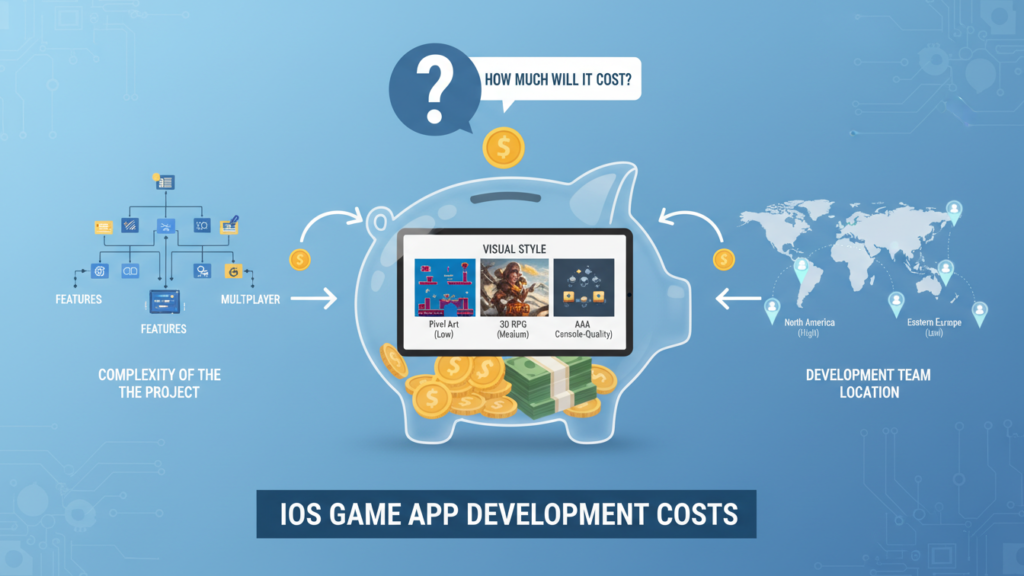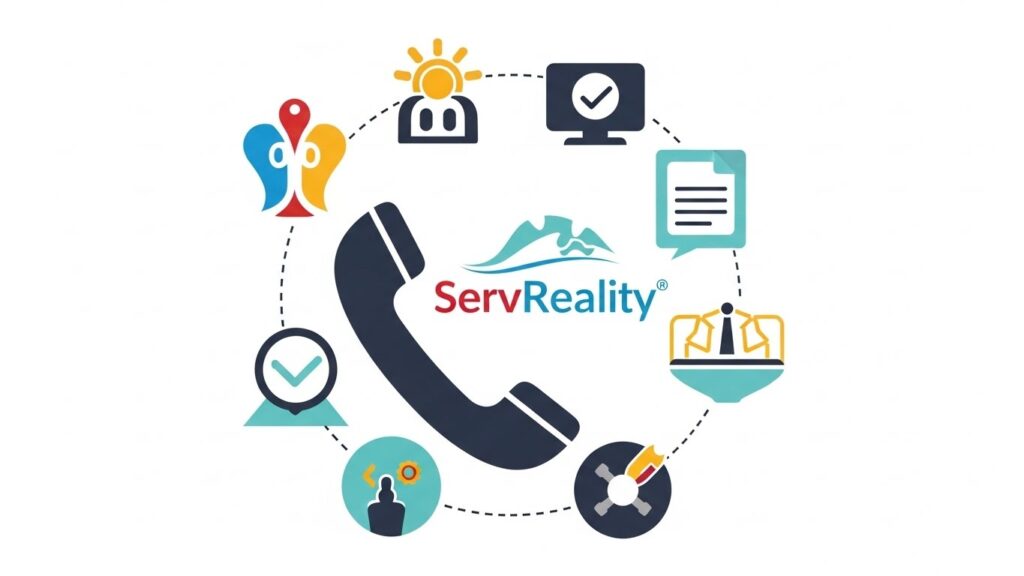Blockchain technology has revolutionized the way we think about data management and security. With its decentralized architecture, it offers unparalleled transparency, immutability, and security features that have made it an ideal platform for a wide range of applications across various industries.
The Role of Blockchain App Developers in Today’s Technology Landscape
Blockchain app developers are responsible for designing, developing, and implementing blockchain-based applications that can help organizations streamline their operations, reduce costs, and improve security. They leverage a range of tools, programming languages, and frameworks to create custom solutions that can be integrated with existing systems and processes.
1. Supply Chain Management
Blockchain technology has revolutionized supply chain management by enabling organizations to track products from the source to the destination in real-time, ensuring that they are authentic, safe, and compliant with regulatory requirements. Blockchain app developers play a crucial role in building decentralized applications that can help organizations manage their supply chains more efficiently and securely.
2. Financial Services
Blockchain technology is transforming the financial services industry by enabling organizations to automate their processes, reduce costs, and improve security. Blockchain app developers are instrumental in building decentralized applications that can help financial institutions manage their operations more efficiently.
3. Healthcare
Blockchain technology is transforming the healthcare industry by enabling organizations to securely store and share patient data, improve patient outcomes, and reduce costs. Blockchain app developers are responsible for building decentralized applications that can help healthcare providers manage their operations more efficiently.
4. Digital Identity Management
Blockchain technology is transforming the way we manage our digital identities by enabling us to have greater control over our personal information and reduce the risk of identity theft. Blockchain app developers are responsible for building decentralized applications that can help individuals manage their digital identities more securely.
Key Challenges Faced by Blockchain App Developers
Despite the growing demand for blockchain-based applications across various industries, blockchain app developers face several challenges that can hinder their progress. Some of the most significant challenges include:
- Regulatory Complexity
- Interoperability Challenges
- Security Concerns
1. Regulatory Complexity
The regulatory landscape surrounding blockchain technology is still evolving, with many countries taking a cautious approach to its adoption. Blockchain app developers must navigate this complex regulatory environment and ensure that their applications comply with relevant laws and regulations.
2. Interoperability Challenges
Blockchain technology is still a relatively new and immature ecosystem, with many different platforms, tools, and programming languages available. This fragmentation can make it challenging for blockchain app developers to create interoperable applications that can work seamlessly across different systems and networks.
3. Security Concerns
Blockchain technology is often touted as a secure platform for data management and storage, but it is not immune to security threats. Blockchain app developers must ensure that their applications are secure from attacks such as double-spending, 51% attacks, and side-channel attacks.

How Blockchain App Developers Can Unlock the Full Potential of Decentralized Applications
Despite the challenges faced by blockchain app developers, there are several ways they can unlock the full potential of decentralized applications. Some of these strategies include:
- Collaboration and Standardization
- Embracing Open Source
- Building Robust Security Measures
Conclusion
Blockchain app developers are playing a crucial role in unlocking the full potential of decentralized applications across various industries. They face several challenges, including regulatory complexity, interoperability challenges, and security concerns. However, by collaborating with other stakeholders, embracing open-source principles, and building robust security measures, blockchain app developers can overcome these challenges and build innovative and powerful applications that can help organizations take advantage of the unique benefits of blockchain technology. As we continue to see the growth of blockchain technology, the role of blockchain app developers will only become more critical in shaping the future of decentralized applications.



